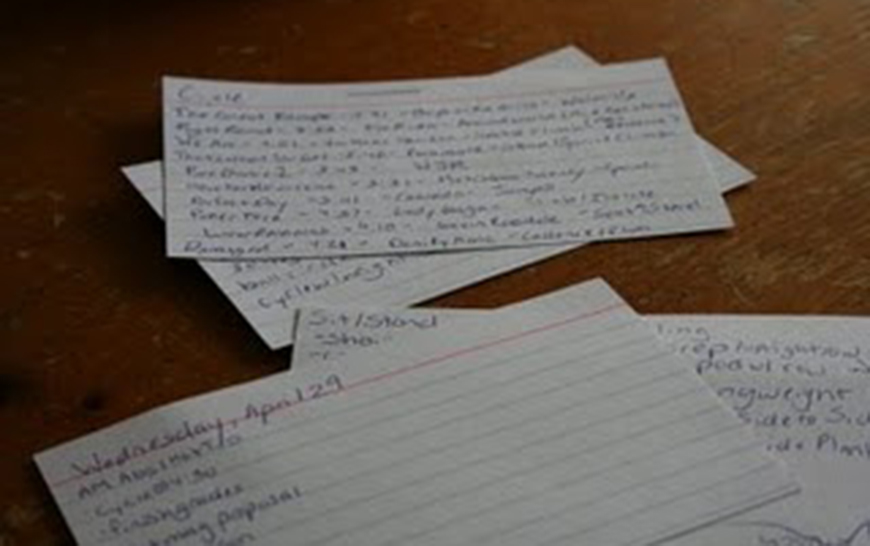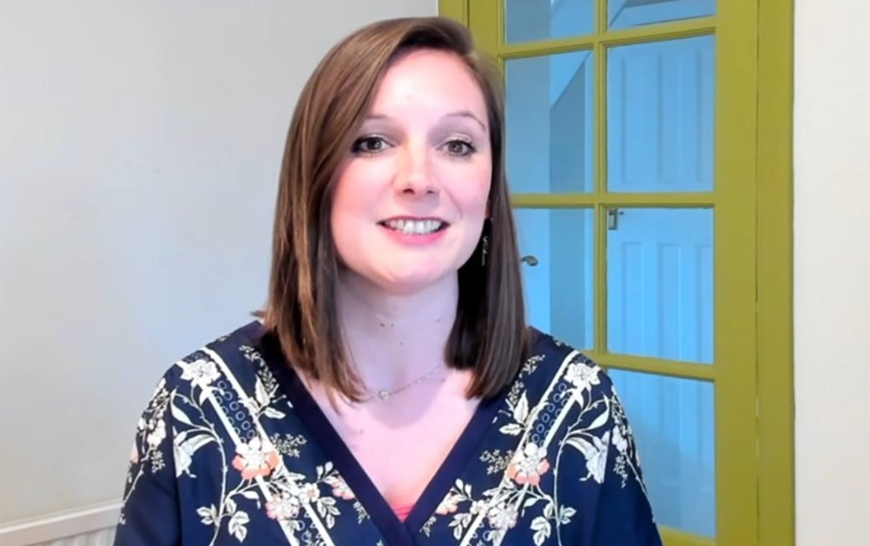Public Speaking Dilemmas
I met someone at the RSA AGM this week and they mentioned that they had been critiqued for referring to their notes too much during a recent piece of public speaking. They asked for my thoughts on using notes. My reply was that it depends on your public speaking objective and how confident you are in what you are delivering because leaving notes out can be both a blessing and a curse.
Luckily there are some great recent examples of speakers not using notes for public speaking so let’s take a look at how successful they were.
Should you use notes for Public Speaking?
Ed Miliband, leader of the Labour Party, made his keynote leadership speech at the Labour Party conference this week. The speech lasts for just over an hour and received praise from almost every quarter. One of the most consistent pieces of praise was the fact that he made the speech without notes. As Lord Sugar tweeted “Ed Miliband deliverers(sic) a brilliant performance for over an hour (without notes) a very powerful speech”.
Ed Miliband and all of his team knew that the outcome of this speech was going to be pivotal in whether the party and possibly the country could take this former self-confessed geek as an actual contender. And they employed some fail-safe oratorical techniques to help him do so.
Mr Miliband used the whole stage, confidently walking around and looking at different parts of the audience. He had no notes in his hand, but there does appear to be something on a lectern just in case. He takes pauses (for applause and for impact) and isn’t afraid to use his hands. He speaks clearly from ‘the now’ so that the stories, like the ones about his son and his parents are believable and genuine. It is clear that Miliband had practiced his speech. This was no mere “ramblings of a future leader”. You do not come up with some of the phrases he employed on the spur of the moment.
But you can practice your stories and themes until they run together naturally. And this is what he did. No doubt the sheet on the stand said something like Dinosaur/Family/One Nation – and Miliband had practiced with family friends and colleagues until every story was mastered.
Contrast this with Clint Eastwood’s speech at the US Republican Convention. For a full breakdown of what worked and what didn’t we recommend Hans Zimmer’s excellent blog on the subject.
Clint’s lack of preparation and thought meant that his no notes talk would’ve been an all out disaster had he not had his Hollywood reputation to fall back on. The chair idea was a last minute thought that didn’t work out and had he planned it someone may have told him to abandon the idea. In fact there was no real objective for his talk aside proving he supported the Republican party.
So going without notes can be hugely positive and win you a ratings leap like the one Miliband is enjoying. But it is something you should only consider if you have rehearsed to make sure that your performance is watertight. Even then having a crib sheet with your broad themes on a table nearby is an important safety net in case nerves make your mind go blank. And if you aren’t making a pitch for leadership and don’t have the time to rehearse then having notes to refer to is a very good idea.








0 Comments